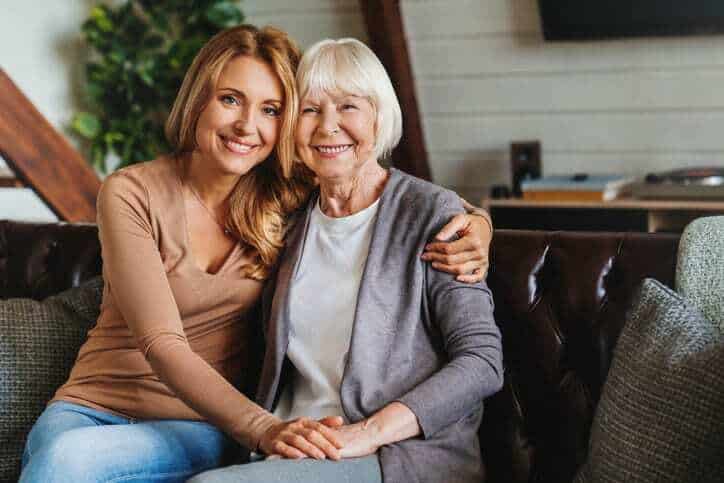
Asking for help takes courage. If you have a loved one that is currently in treatment – either at MARR or another addiction treatment facility –we hope that you, too, are receiving the support you deserve. At MARR, we recognize that addiction is not just an individual struggle but a family disease. Its impact extends far beyond the person using substances, affecting the lives of family and friends who are overwhelmed by the aftermath.
You are not alone. A majority of family members and friends with a loved one in treatment have experienced similar feelings, including shame, guilt and anger. Oftentimes, loved ones require assistance in discerning the difference between enabling and offering support, as well as learning how to set healthy boundaries. There is hope.
MARR has been a lifesaver for my son-in-law and my daughter. He’s been working the program for over two years. It has not been an instant fix for all the problems he has had to face. His whole life is changing because of MARR.
– Anonymous
Maybe you’re thinking that what you’ve experienced with your loved one is too embarrassing or shameful to admit. Many families feel this way. Scenarios such as consistently loaning their loved one money, bailing them out of bad situations like jail, and hiding the severity of their loved one’s condition are common. Stopping these behaviors is beneficial for you and your addicted love one.
“My mom paid for my alcohol when I was underage. This taught me that I did not have to follow the law and that underage drinking was acceptable. It also taught me that I could manipulate her to get what I wanted.”
– MARR Alumni
WHAT WE OFFER
Our objective is to facilitate your loved one’s healing journey and empower them to embrace an abundant life in recovery. This involves adopting a holistic viewpoint, recognizing the profound impact their primary support network has on their recovery journey.
To help you and your loved one navigate this often complicated process, MARR’s Family Recovery Center offers comprehensive family services, including family counseling, weekly support groups, and a three-day-long intensive workshop designed to provide family members with education and additional support. Click here to learn more.
For you, this could mean working with a counselor to set boundaries for yourself while your loved one is in treatment. The counselor may even encourage you to take time for yourself – whether that means joining a support group, taking a much-needed vacation, or engaging in a new hobby. This does NOT mean you don’t love and care about your loved one; it simply means you love and care about your wellbeing, too.
We also recommend participating in our one-day workshop, Loving Someone with Addiction. Now is the time to safely explore all that you’ve endured, while also acquiring the skills needed to confidently embark on your own healing journey.
Rest assured that MARR will walk alongside you, offering support throughout treatment and beyond.
If you are interested in learning more about MARR, take the first step by contacting the Admissions team. Our licensed and certified clinicians are available for a confidential and complimentary consultation about appropriate next steps.